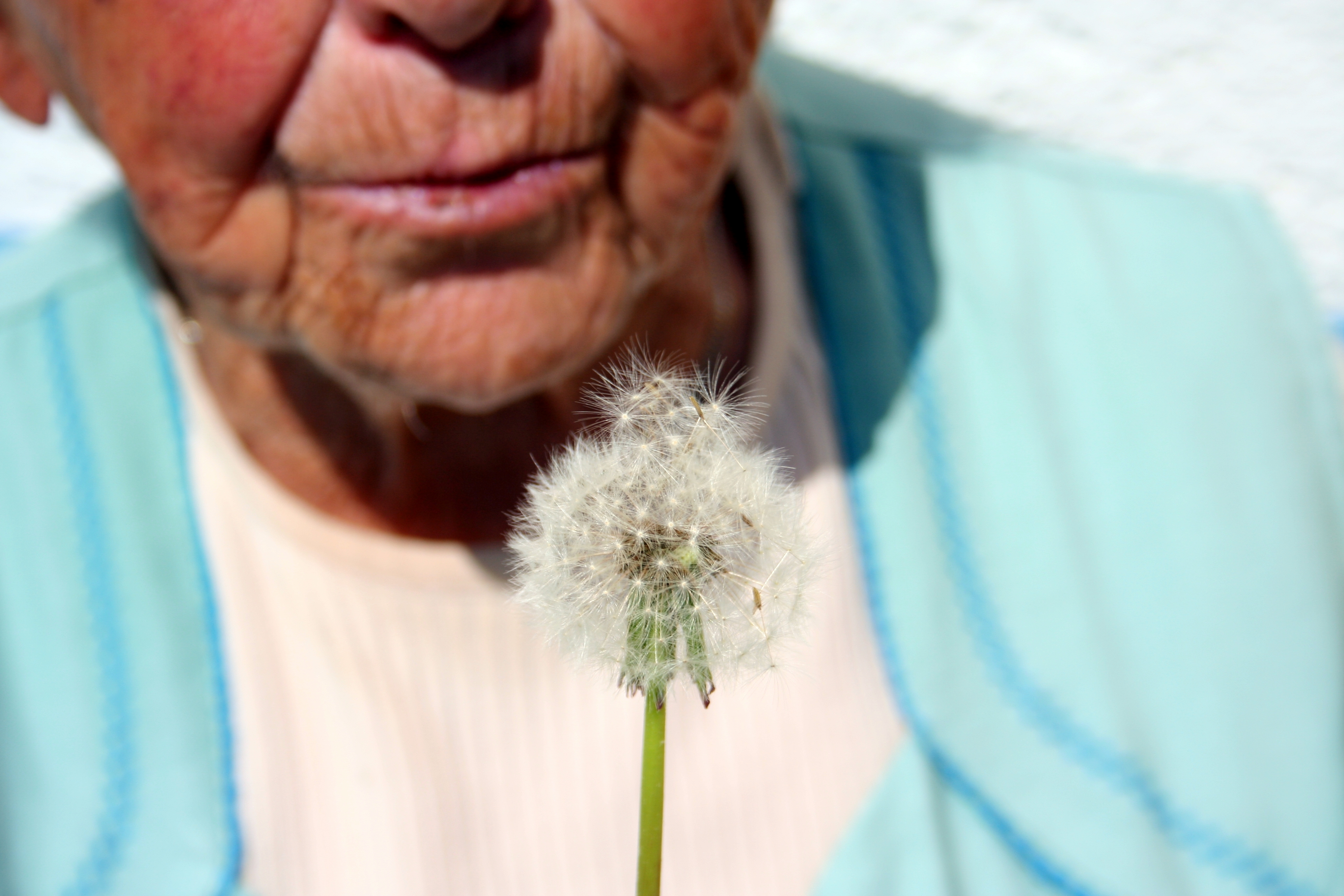
THURSDAY, Nov. 3 (HealthDay News) — People older than 70 can donate a kidney without risking their lives but their donated kidneys don’t last as long as those from younger living donors, a new study shows.
However, kidneys from living elderly donors last just as long as kidneys from deceased donors, the researchers said.
The findings are important in light of the serious shortage of donor kidneys in the United States. Nearly 90,000 people are waiting for a kidney transplant and many of them will die before a suitable kidney becomes available, according to background information in a journal news release.
In this study, researchers compared 219 healthy adults older than 70 who donated a kidney with healthy adults in the same age group who did not donate an organ. Those who donated a kidney were no more likely than non-donors to die within one, five or 10 years. Instead, organ donors had a lower death rate than non-donors.
The findings were published online Oct. 28 in the Clinical Journal of the American Society of Nephrology.
“It is important for individuals over 70 who want to donate a kidney to be aware that many have done so safely. Many older adults — and even many physicians — are not even aware that this occurs,” study author Dr. Dorry Segev, of the Johns Hopkins University School of Medicine, said in the news release.
“But it is important for transplant centers to continue to scrutinize all donor candidates, particularly older ones,” he added.
More information
The U.S. National Institute of Diabetes, Digestive and Kidney Diseases has more about kidney transplantation.

